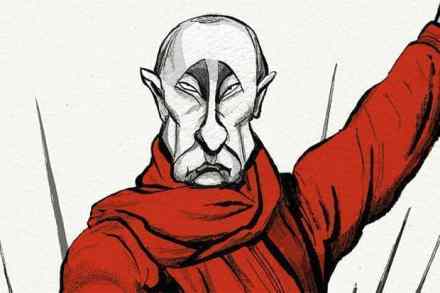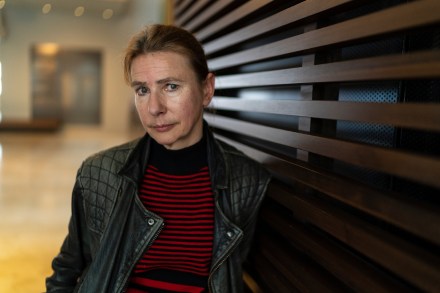What’s going on with the Russian economy?
The Russian economy is headed for its deepest recession since 1991. That’s the British government’s latest assessment of whether sanctions are successfully, in the words of Liz Truss, ‘choking Putin’s war machine’. As the West’s most effective non-military tool for putting pressure on the Kremlin, sanctions have been under the microscope from the beginning: are they working? Are they targeting the right people? Could they actually benefit Putin’s regime? Indeed, just last month it was reported that Russia had doubled its fossil fuel revenues since February, by some accounts raking in as much as €62 billion (approximately £53 billion), benefiting from global prices driven skywards by the sanction-induced shortages. By






















